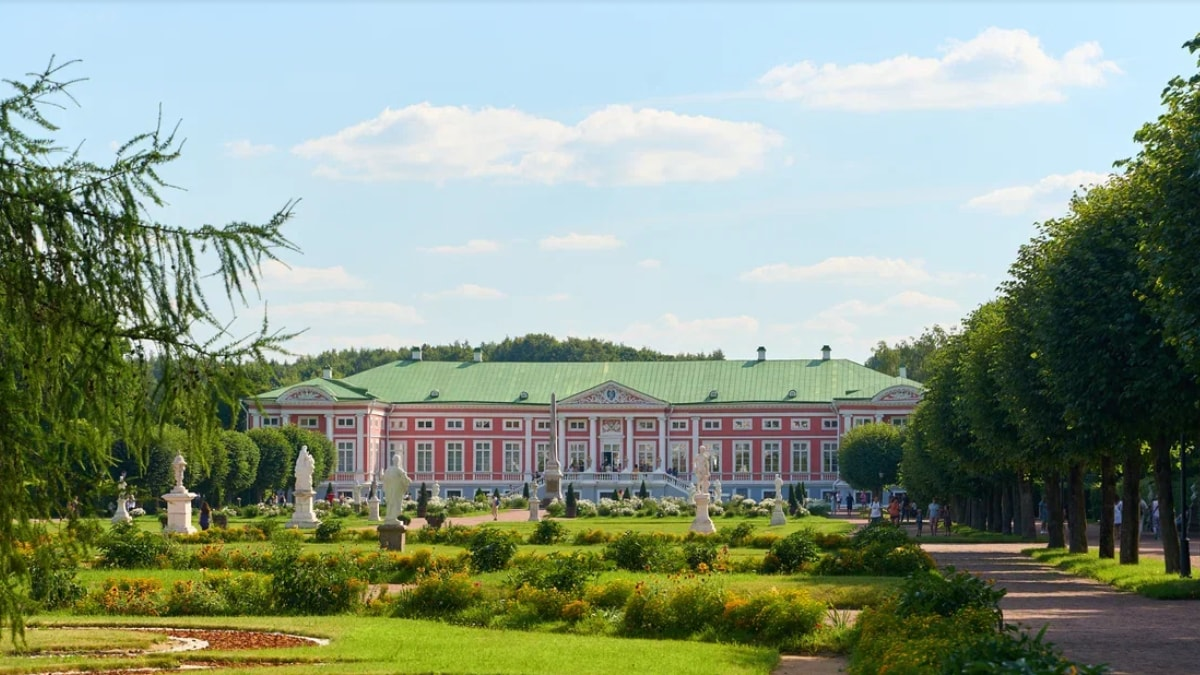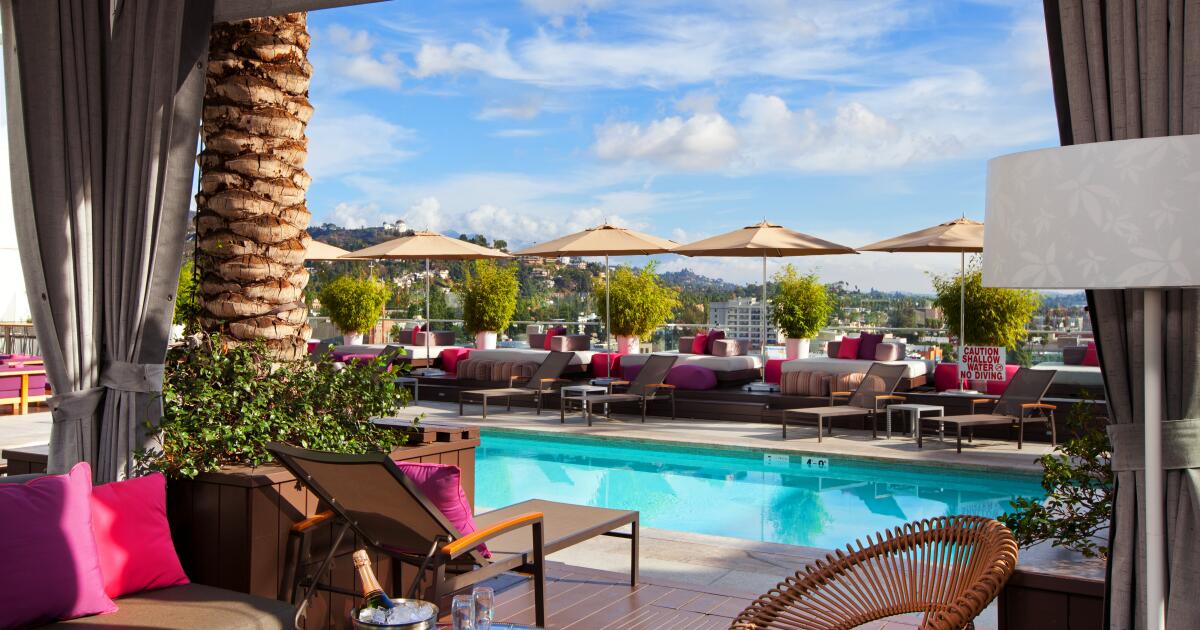The most common myths among Indian tourists about the Russian capital were revealed. In tourism, the company with 95 years of experience in the inbound tourism market in Russia, conducted a survey among Indian tourists who visited Moscow, asking them about their main expectations for Moscow and the difference with their real experience. The survey results were used to form a list of popular myths about Moscow, most of which were successfully debunked in the process.
“When you arrive in Moscow, the first thing that comes to mind for a foreigner is probably Red Square, all covered in snow (and maybe a layer of red caviar on a giant piece of bread, thanks to the latest fashion of Slavic girls). Although it is quite a memorable image, there is much more that the Russian capital can offer its visitors,” commented Aleksandr Musikhin, general director, head of the tourism and inbound tourism committee of the Association of Russian Tour Operators (ATOR).
Myth #1: Moscow is cold
Fact: There are four seasons and summer is very hot.
There are four different seasons to suit everyone: Starting in April, Moscow spring is probably the most beautiful of all, with its fresh air, flowering trees and cafe terraces opening up all over the city. Summer in the city is usually hot, with a wide variety of refreshing activities: you can visit an open pool like Chaika or Luzhniki, explore any of the renovated parks with a glass of lemonade, or even spend a day on Serebryany Bor beach. . Sure, winters in Moscow are cold, but thanks to well-tuned heating systems in both buildings and public transportation, freezing isn't really an option.
Myth number 2: Moscow is too Soviet
Fact: Moscow architecture is a beautiful eclectic mix of almost a thousand years of history
If you take some time to wander around the city, you'll see a couple of beautiful monuments from different eras around the corner. In addition to Soviet architecture, there are buildings dating from the 12th-19th centuries, as well as bas-reliefs from the Art Nouveau period and shiny skyscrapers of the Moscow city complex, all for your aesthetic pleasure.
Myth #3: Moscow is one of the most expensive cities in the world.
Fact: There are travel options for any budget.
According to the 2021 EIU rankings, Moscow does not even make the top 100 of the annual “rich cities” list. There are many living options, restaurants and commercial establishments that adapt to your desires and financial possibilities: from Stoleshnikov Lane with its boutiques to large shopping centers such as Europolis or Atrium, where clothing stores coexist with fast food restaurants, beauty salons, cinemas, playgrounds, etc.
Myth number 4: There is no decent food in Moscow, except borscht and pelmeni.
The reality: Moscow is full of high-quality restaurants with Russian and world cuisine.
Leaving aside the fact that there is more to traditional Russian cuisine than one might expect, Moscow can offer a hungry tourist any type of food: there are halal and cosher, vegetarian and vegan, European and Asian restaurants all over the city. A homesick Indian tourist can also easily find an authentic eating place like Thali&Dosa, Devi, Moscow Deli and many more.
Myth #5: People in Moscow are mean and unfriendly.
Fact: Muscovites are warm and helpful people.
There is a strong stereotype that describes Russians as people who never smile. Fortunately, any public place in Moscow will prove you wrong in a matter of seconds. People in big cities may not like showing emotions to strangers, but it usually takes a brief dialogue to change their minds, and most people passing by will be happy to show you directions or give you a helpful tip if you're interested. they ask for it.
Myth number 6: Moscow is not safe.
Fact: The crime rate in Moscow is lower than in many European resort cities.
Moscow is an extremely technological city. Last year, Moscow became a leader among BRICS cities in terms of technological and spatial development. Moscow's high technological progress also means a high level of development of security systems. Moscow has a “smart city” system: outdoor CCTV cameras and a facial recognition system on the streets and in the subway. According to some estimates, the crime rate in Moscow is lower than in many European resort cities. Being in Moscow you don't have to worry about your safety.
Myth #7: Nobody speaks English in Moscow.
The reality: the young generation of Muscovites speaks English fluently
Traveling today is a popular pastime among millennials and Generation Z, which is why most young residents of Moscow speak fluent English. Foreign languages are taught in schools and universities, with the addition of online courses and countless personal study apps to help maintain speaking skills, so be sure to find help when you need it. And if you are not very sociable, all navigation on Moscow public transport is dubbed in English, so you won't even have to ask, since the tourist infrastructure is well developed.

















